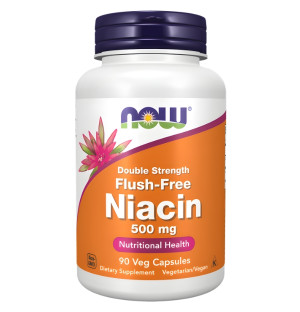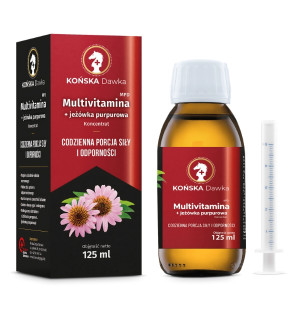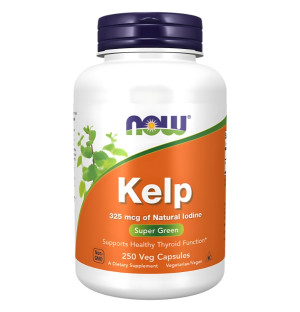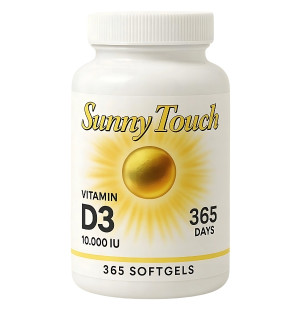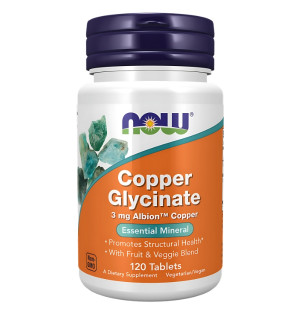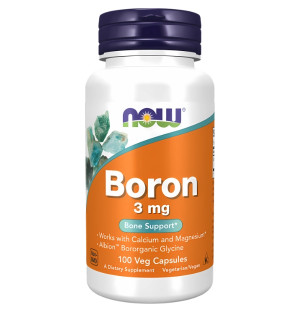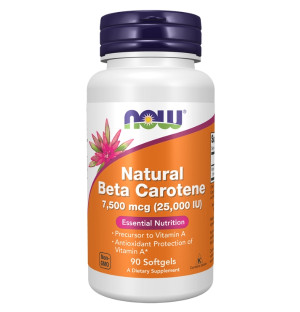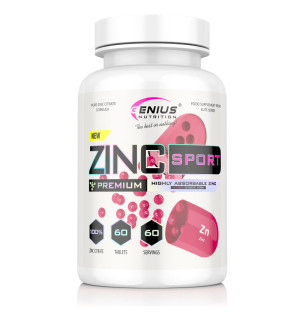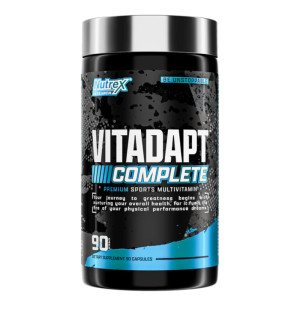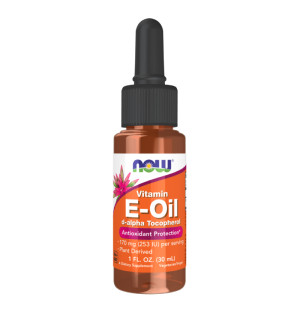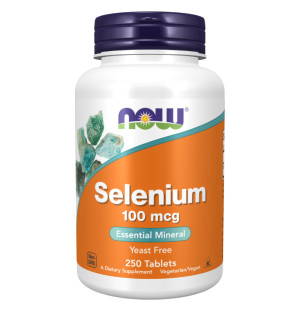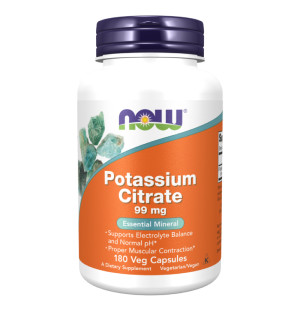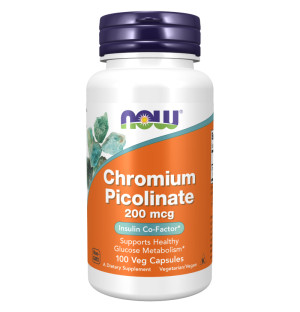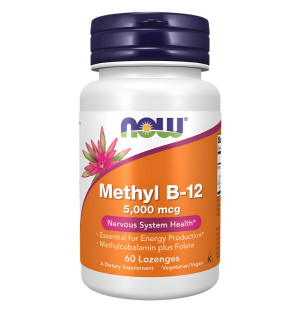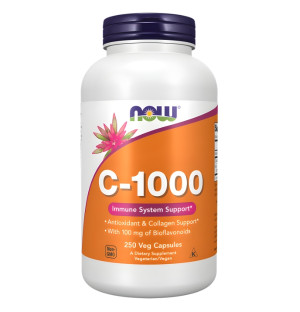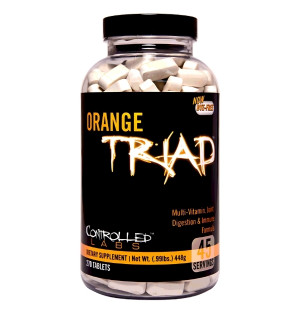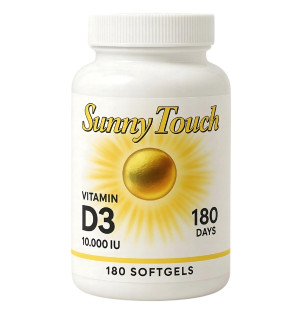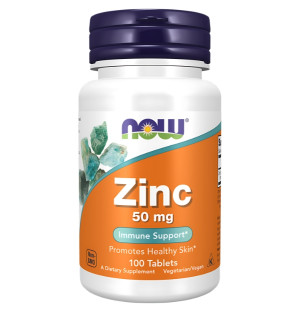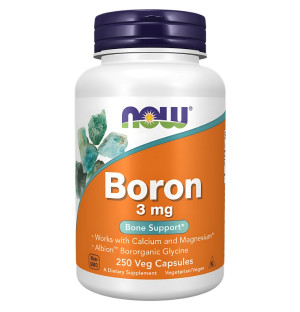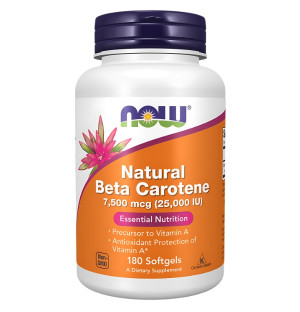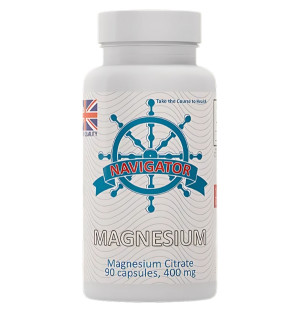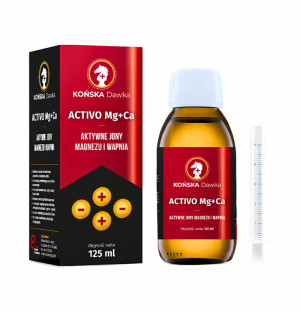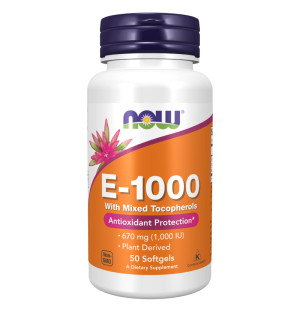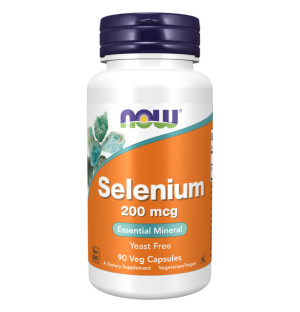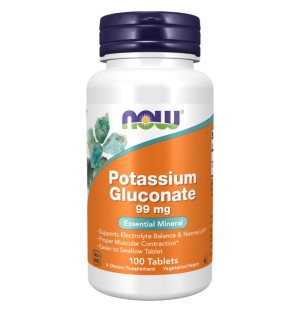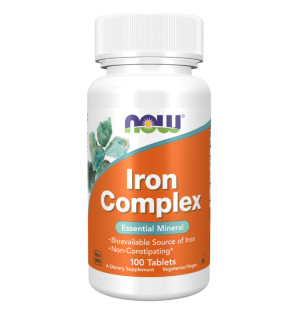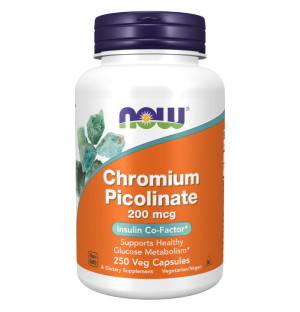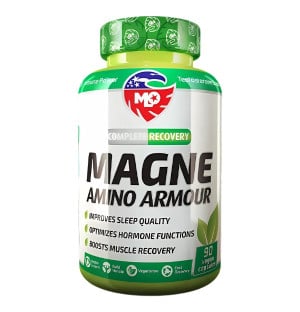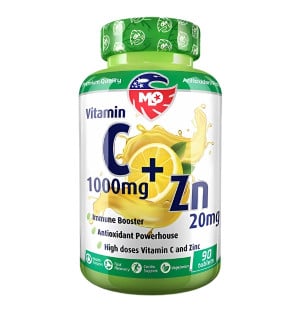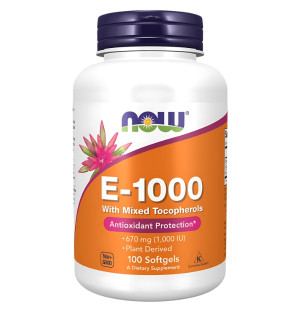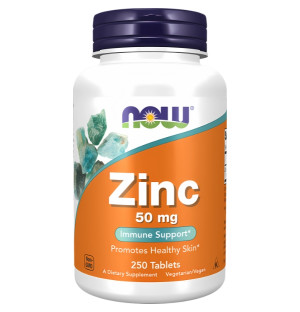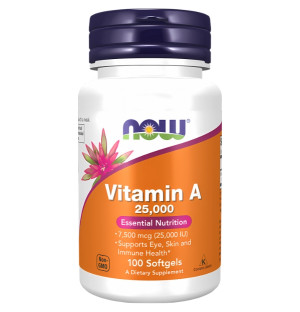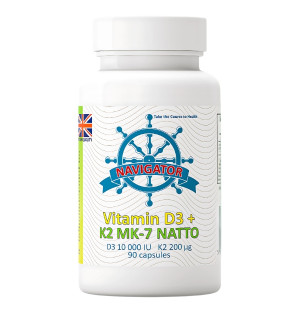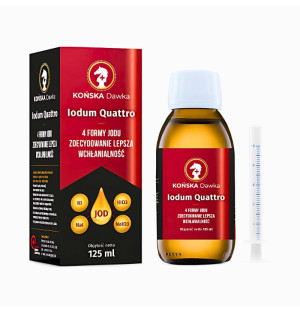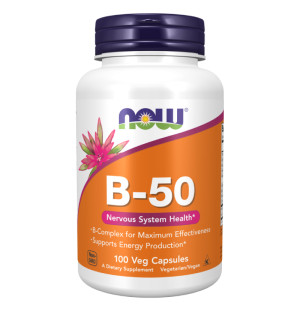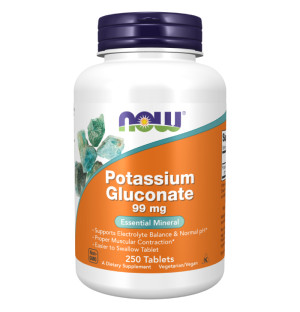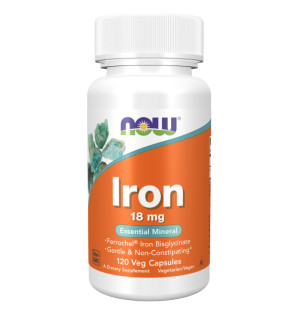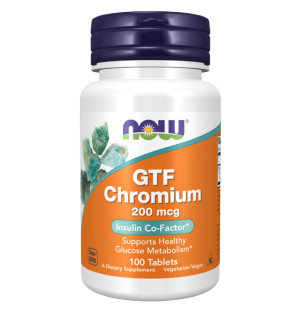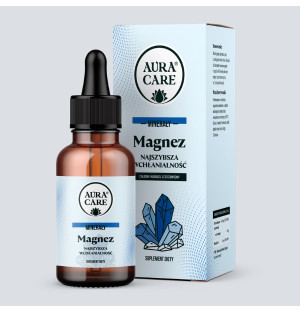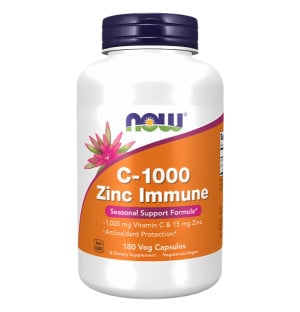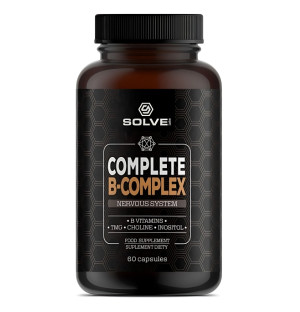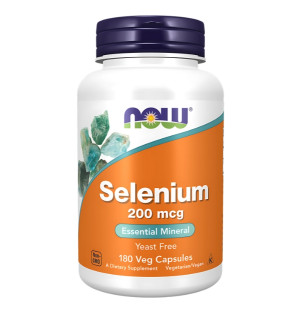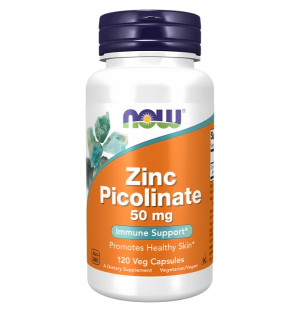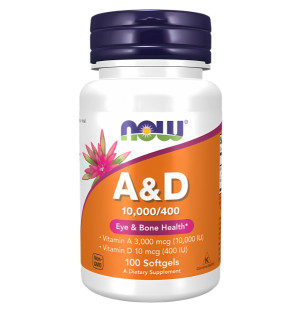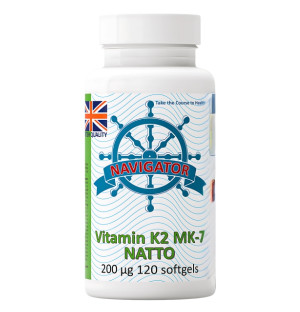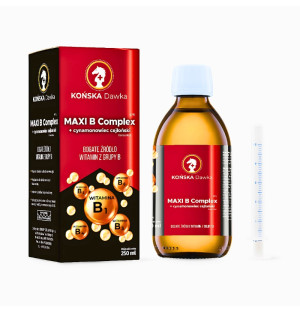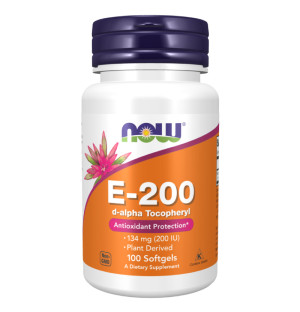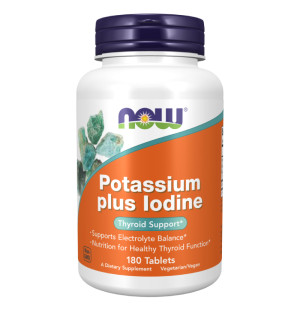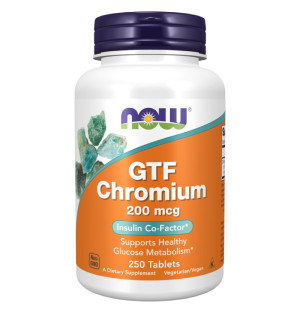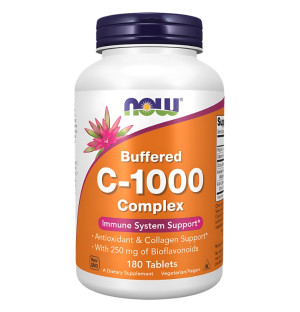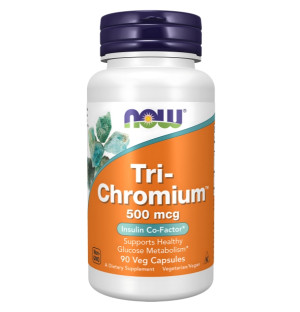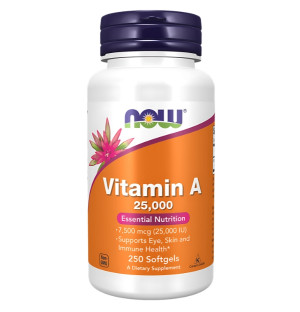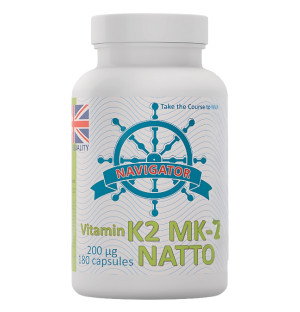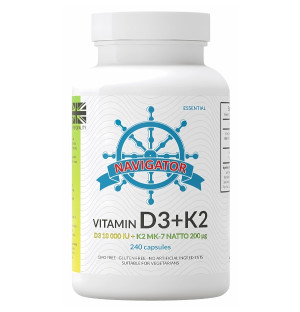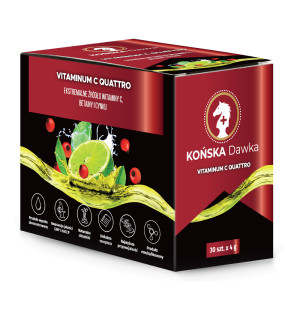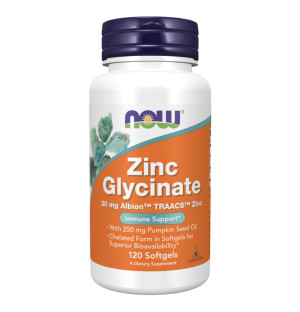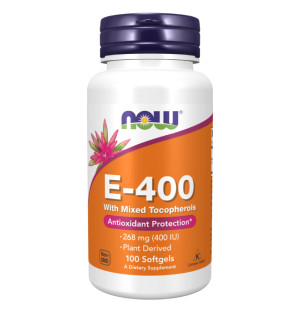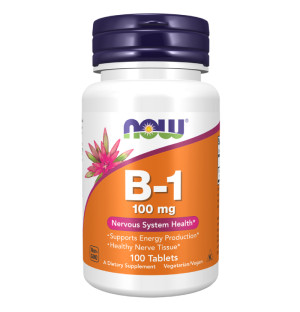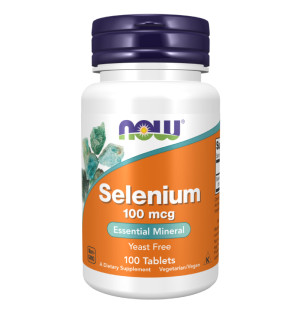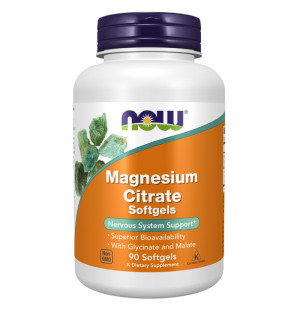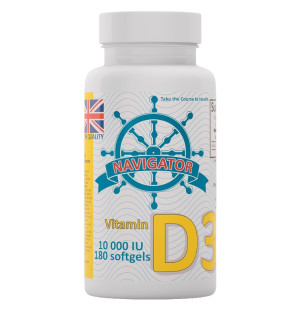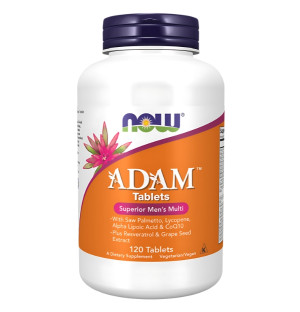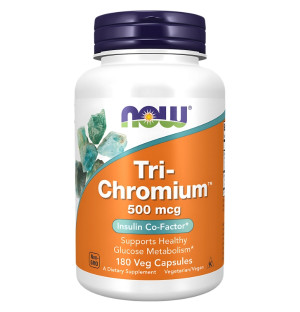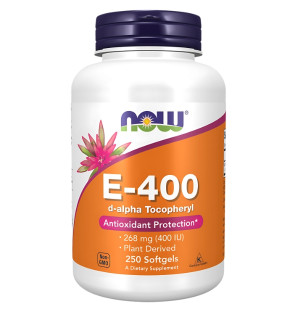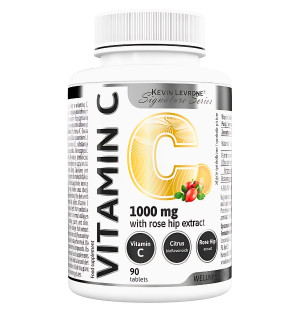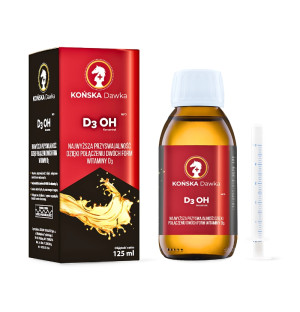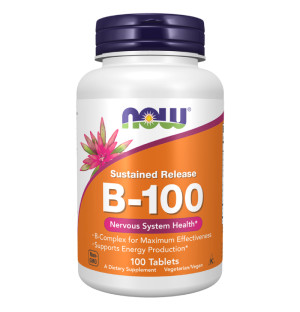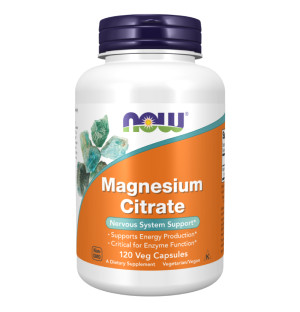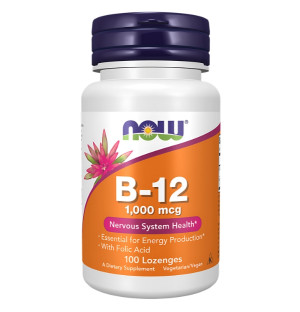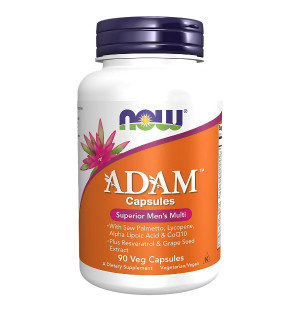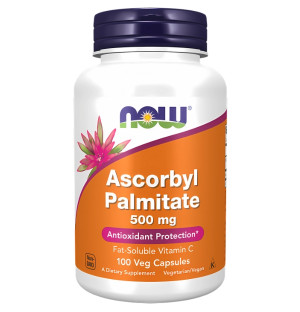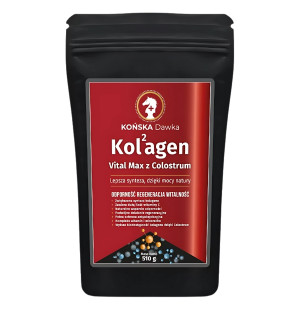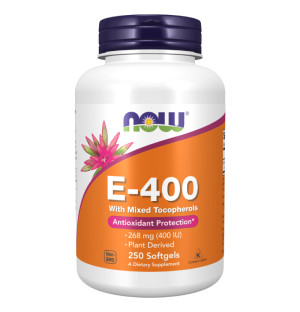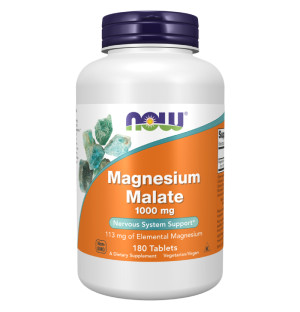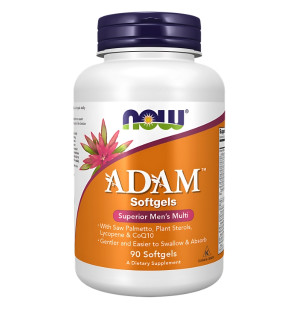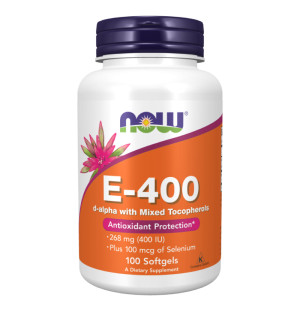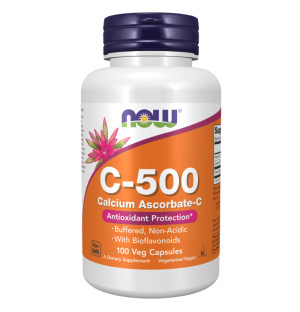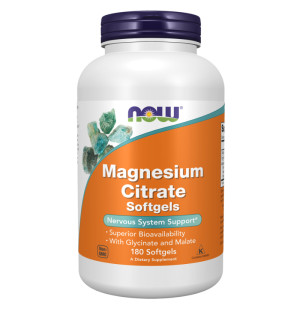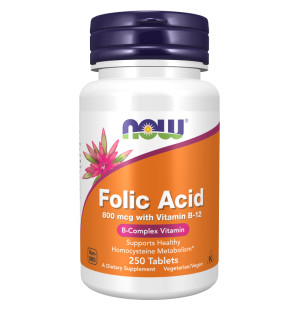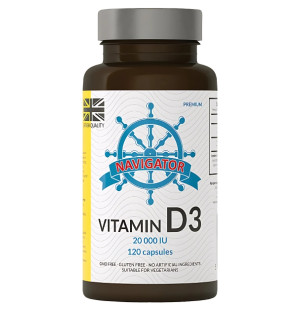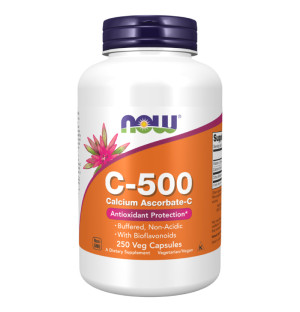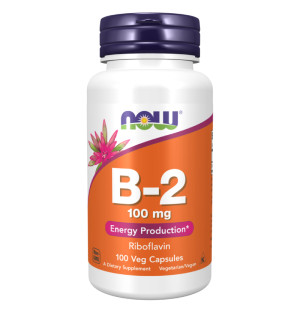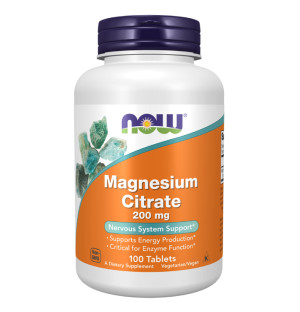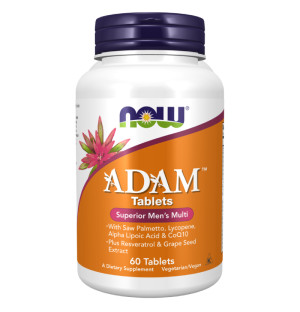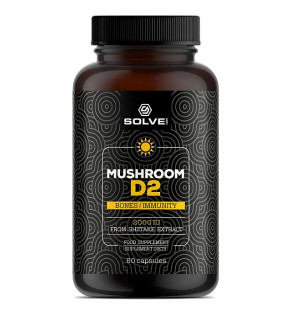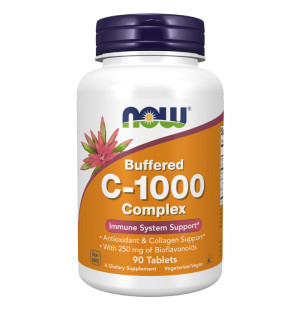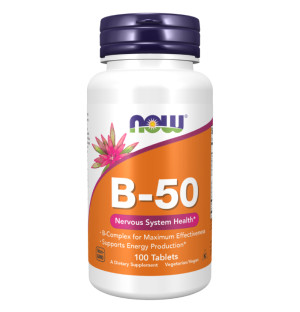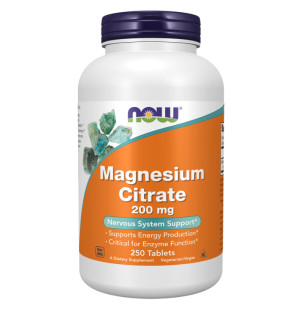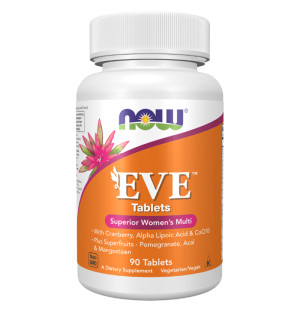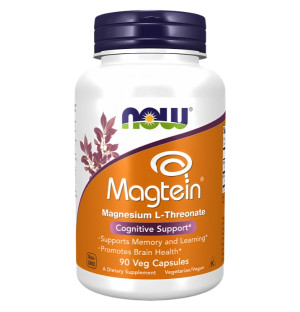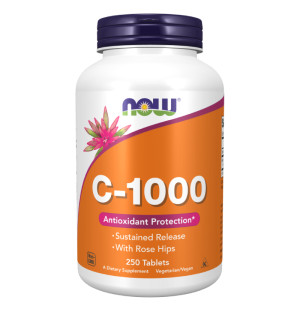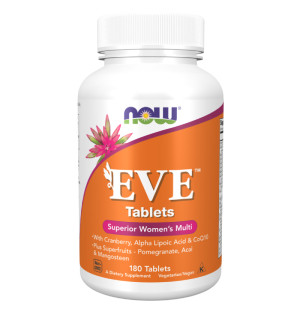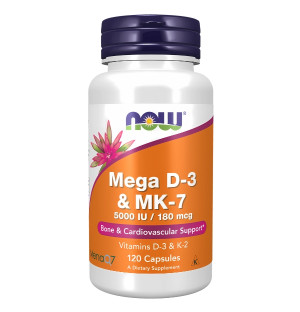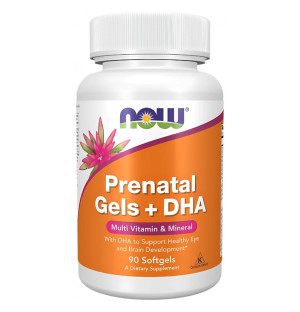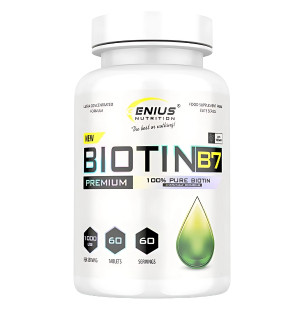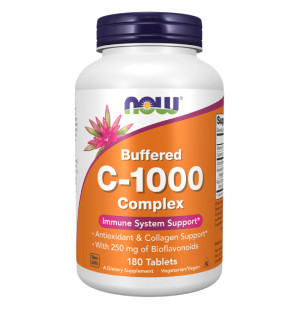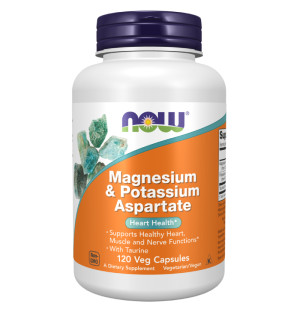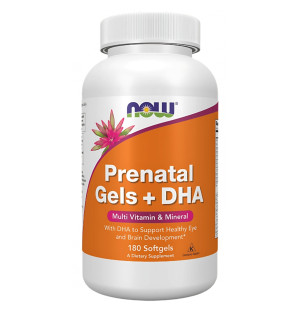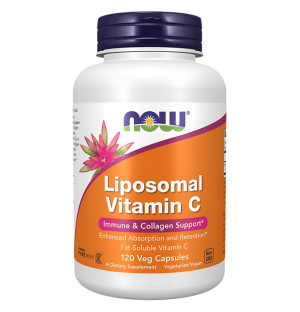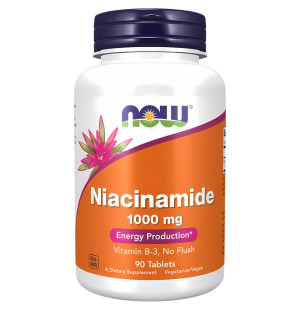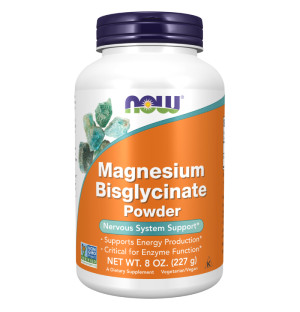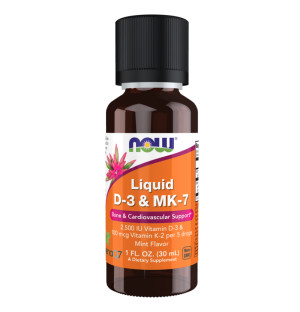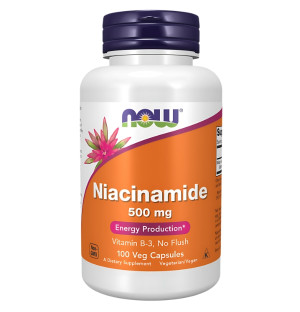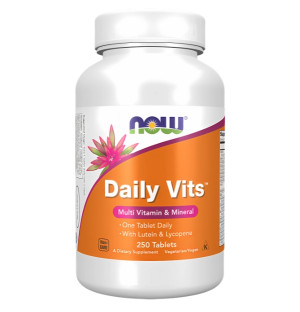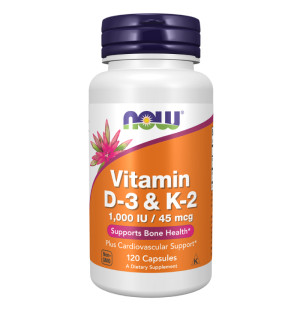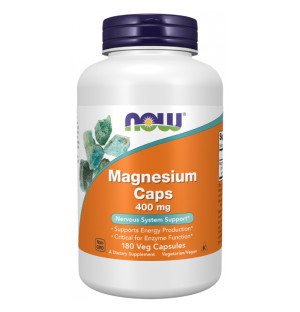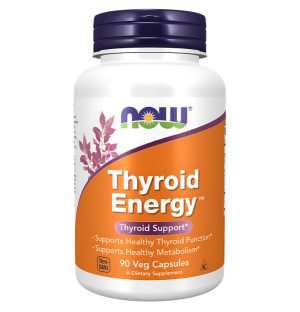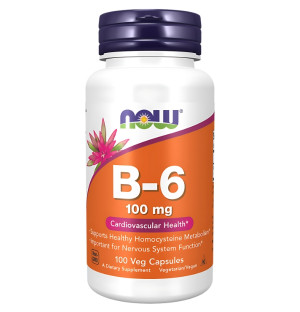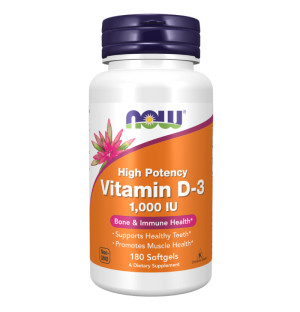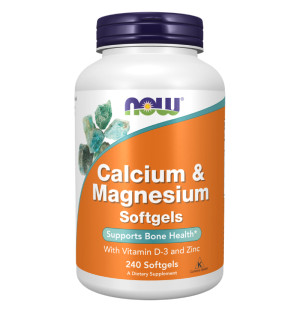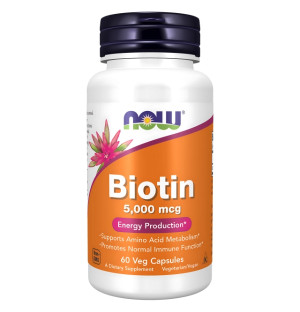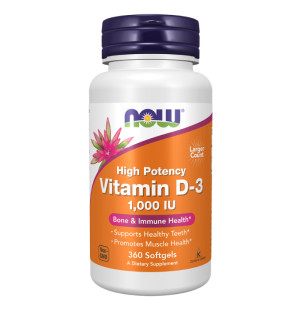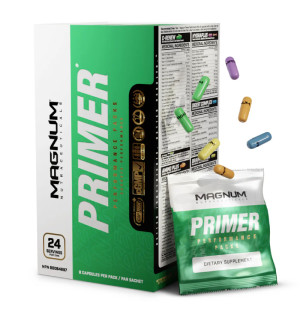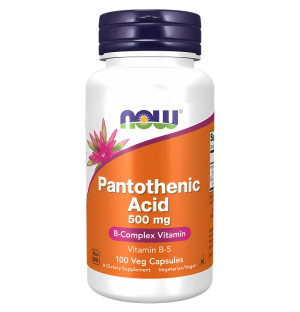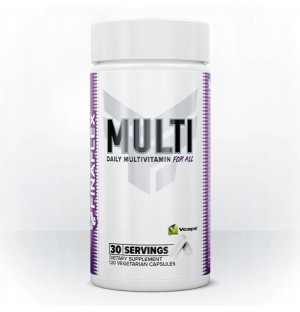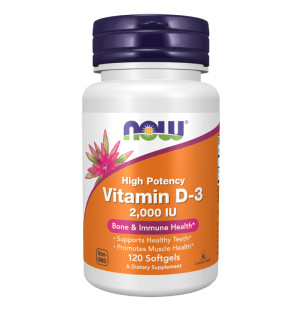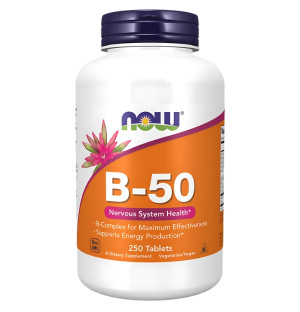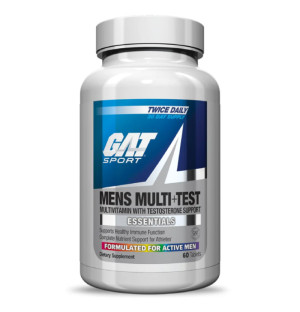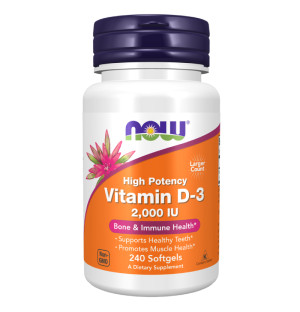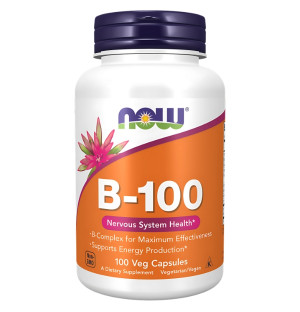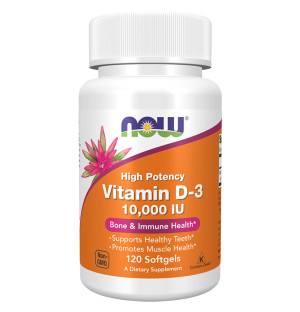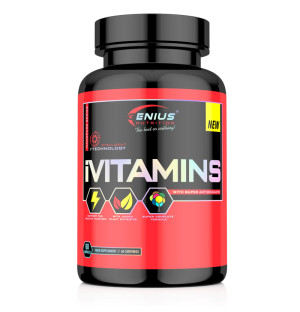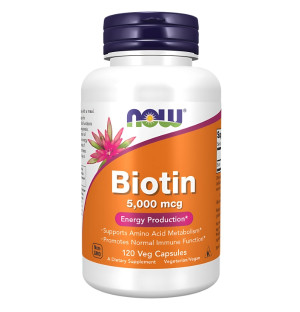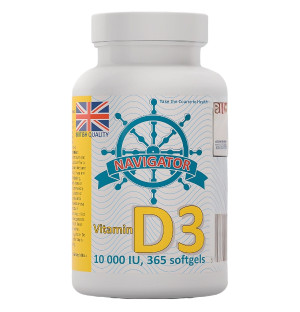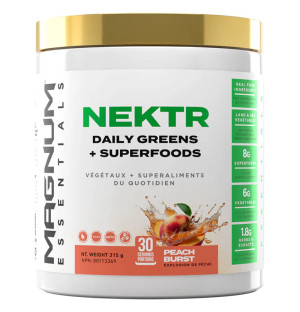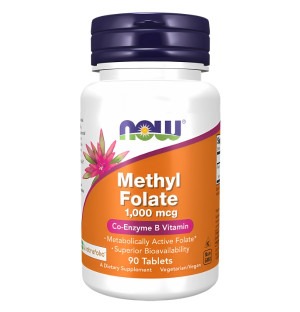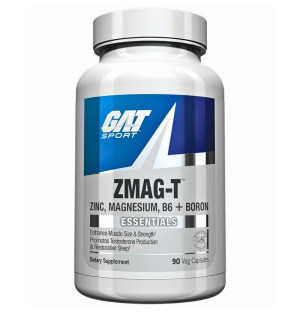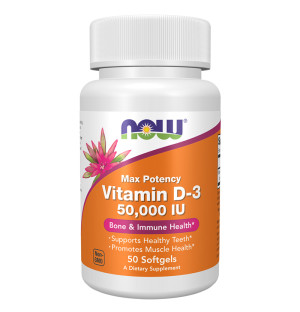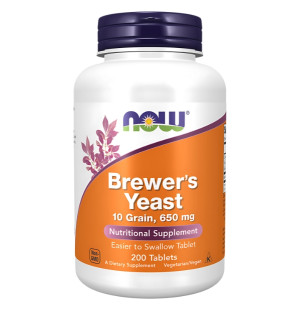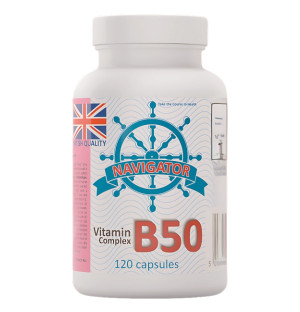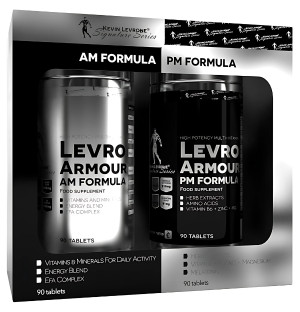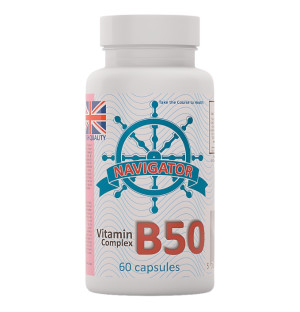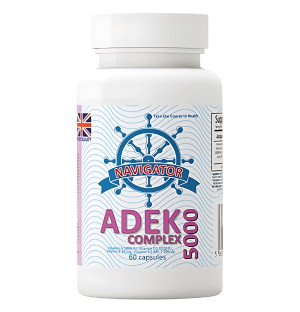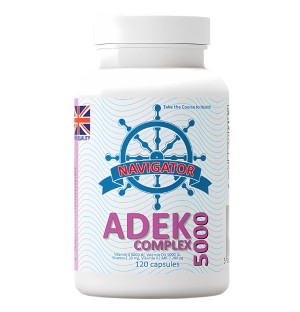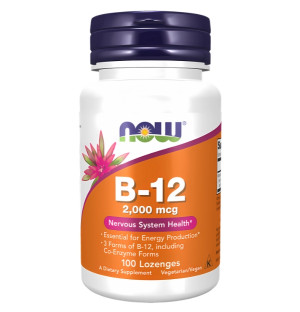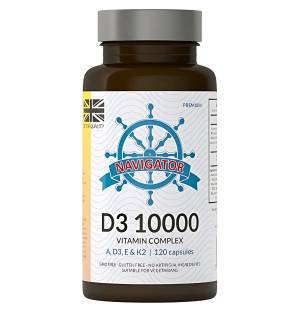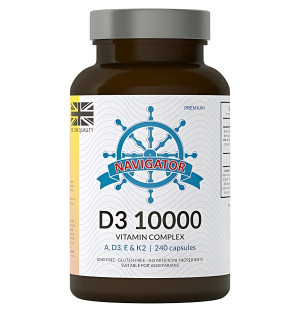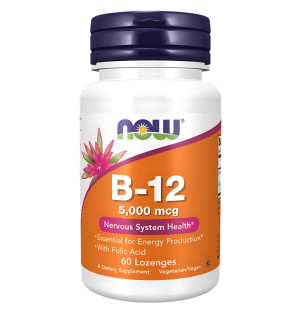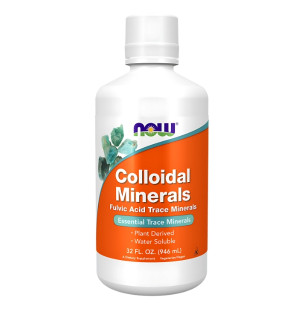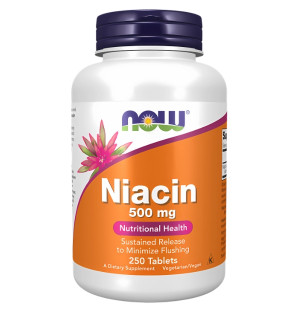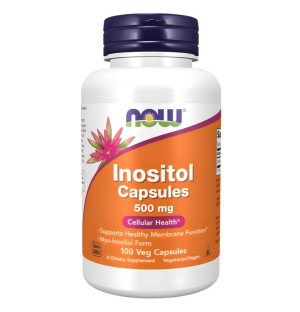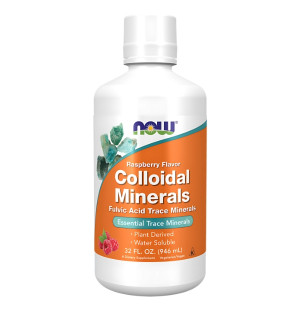Vitamins and minerals
Vitamins and minerals are essential micronutrients that, despite the small quantity required, are crucial for the proper functioning of the body. They act as biocatalysts – participating in many biochemical processes, supporting the immune, nervous, and muscular systems, as well as helping to maintain healthy bones. Particularly for physically active people who subject their bodies to regular training challenges, the appropriate levels of vitamins and minerals are the foundation of health, performance, and recovery.
What are vitamins and minerals?
Vitamins are organic compounds with diverse chemical structures, which can be divided into two main groups: water-soluble (C, B complex) and fat-soluble (A, D, E, K). Unlike macronutrients (proteins, carbohydrates, fats), vitamins do not provide energy nor are they structural components of tissues. However, as biocatalysts, they are necessary for the proper course of metabolic processes.
Most vitamins must be obtained from food, although some can be synthesized in the body under certain conditions – for example, vitamin D is produced in the skin under the influence of sunlight, and niacin can be produced from the amino acid tryptophan.
Minerals are inorganic chemical compounds that make up about 4% of the human body mass. They are divided into macrominerals (e.g., calcium, phosphorus, magnesium, potassium), which are needed in larger amounts, and microminerals (e.g., iron, zinc, selenium, copper), which the body requires in smaller quantities. They perform various functions: building bones and teeth, maintaining electrolyte balance, regulating muscle function, and supporting the nervous system.
Types of vitamins and minerals
Water-soluble vitamins:
- Vitamin C - a strong antioxidant, supports the immune system during and after intense exercise, participates in collagen production
- B vitamins:
- Thiamine (B1) - supports heart function
- Riboflavin (B2) - helps maintain proper energy metabolism
- Niacin (B3) - involved in energy production processes
- Pantothenic acid (B5) - influences the proper synthesis and metabolism of steroid hormones
- Vitamin B6 - contributes to reducing feelings of fatigue
- Biotin (B7) - helps maintain healthy hair and skin
- Folic acid (B9) - supports amino acid synthesis and cell division
- Vitamin B12 - aids in the proper production of red blood cells
Fat-soluble vitamins:
- Vitamin A - important for vision and immunity
- Vitamin D - supports the immune system and maintains healthy bones
- Vitamin E - an antioxidant that protects cells from oxidative stress
- Vitamin K - essential for proper blood clotting
Key mineral ingredients:
- Magnesium - supports muscle function, the nervous system, and bone health
- Potassium - helps maintain proper blood pressure and muscle function
- Calcium - builds bones and teeth, supports muscle function
- Zinc - supports carbohydrate metabolism, maintains testosterone levels
- Iron - involved in oxygen transport and red blood cell formation
- Selenium - protects cells from oxidative stress
- Chromium - helps maintain normal blood glucose levels
Effects and benefits of use
Proper supplementation with vitamins and minerals brings numerous benefits, which are particularly important for physically active people:
- More efficient energy metabolism - B vitamins, magnesium, and zinc help convert nutrients into the energy needed during workouts
- Better recovery - vitamin C, E, and selenium protect cells from oxidative stress caused by intense physical effort
- Strengthened immune system - vitamins C, D, as well as zinc and iron support the body's defense functions
- Optimal muscle function - magnesium, potassium, and calcium regulate muscle contraction and prevent cramps
- Maintaining healthy bones - calcium, magnesium, zinc, phosphorus, and vitamin D take care of bone mineral density
- Reduction of fatigue - iron, magnesium, vitamins B6 and B12 contribute to reducing tiredness and exhaustion
- Support for hormonal health - zinc helps maintain proper testosterone levels, while pantothenic acid supports steroid hormone metabolism
Who are vitamins and minerals for?
Supplements containing vitamins and minerals are particularly recommended for:
- Physically active people - both professional athletes and recreational exercisers
- People in periods of increased mental effort - during intense work or study
- Pregnant women and women during lactation - with particular focus on folic acid and iron
- People working physically - exposed to increased consumption of micronutrients
- Seniors - with naturally reduced ability to absorb some vitamins and minerals
- People on elimination or restrictive diets - which may not provide all necessary nutrients
Safety of use and side effects
Vitamins and minerals in recommended doses are generally safe, but there are a few considerations to keep in mind:
- Fat-soluble vitamins (A, D, E, K) can accumulate in the body, so it is important to avoid overdosing
- Some minerals, such as iron or iodine, may cause health problems with long-term excess
- In the case of thyroid diseases, iodine supplementation may not be recommended – iodine-free vitamin complexes are available
- People taking medications should consult their doctor about supplementation, as some vitamins and minerals may interact with pharmaceuticals
Remember that dietary supplements cannot replace a balanced and full diet. They are only a supplement to the daily diet, especially during periods of increased need.
Forms of vitamins and minerals
GymHub.pro offers a variety of vitamin and mineral supplement forms:
- Comprehensive multicomponent preparations - containing a set of the most important vitamins and minerals
- Dedicated preparations - specially formulated sets for men, women, seniors, or children
- Single-ingredient preparations - containing individual vitamins or minerals (e.g., vitamin C, magnesium)
- Selected ingredient combinations - e.g., ADEK vitamin complex, B vitamins (B-complex)
Various supplement forms are available:
- Capsules and tablets - convenient to use, with a precisely defined dose
- Effervescent tablets - faster absorbed, ideal for people who have difficulty swallowing pills
- Shot ampoules - ready to consume, convenient during travel and workouts
FAQ - frequently asked questions
Which vitamins are worth supplementing daily?
Among the vitamins for which daily supplementation may be justified are:
- Vitamin C - a strong antioxidant supporting immunity and collagen production
- B vitamins - supporting energy metabolism and the functions of the nervous system
- Vitamin D - especially in the autumn and winter months, when sunlight exposure is limited
However, it is worth remembering that daily supplementation is mainly justified during periods of increased body load, when fulfilling nutritional needs from food alone is difficult.
Is vitamin supplementation sensible?
Vitamins are essential compounds that the body cannot synthesize on its own (except for vitamin D). Their intake from food is necessary, but many factors affect absorption, such as food processing or the presence of absorption inhibitors. The need for vitamins varies depending on gender, age, and physical activity.
Maintaining an ideally balanced diet can be challenging, so supplementation can be a practical addition to the daily diet, especially for physically active people whose need for vitamins and minerals is increased.
When should vitamins and minerals be taken?
Supplementation is particularly justified during periods of:
- Increased physical effort (intense training, competitions)
- Increased mental load (examination period, intense work period)
- Seasonal immunity weakening (autumn-winter)
- Specific physiological conditions (pregnancy, lactation)
When using supplements, always follow the recommended usage instructions and do not exceed the suggested doses.
Can I find a vitamin complex without iodine?
Many multicomponent supplements contain iodine, which is well-tolerated by a healthy body. However, people with autoimmune thyroiditis or suspected thyroid cancer should avoid additional iodine supplementation.
GymHub.pro offers both iodine-free complexes and the option to combine individual mono-preparations, allowing for precise supplementation tailored to individual health needs.
What vitamin complex should athletes choose?
Athletes should choose preparations containing:
- Increased doses of vitamin C (at least 200 mg) - supporting immunity during intense training
- A complete B vitamin complex - supporting energy metabolism
- Magnesium and potassium - supporting muscle and nerve functions
- Zinc and selenium - protecting against oxidative stress
- Iron - improving oxygen transport, especially important for endurance sports
At GymHub.pro, we offer specialized sets for physically active people, containing optimal doses of ingredients dedicated to athletes.
Why is it worth shopping at GymHub.pro?
At GymHub.pro, we offer comprehensive vitamin and mineral sets of the highest quality, which:
- Come from renowned manufacturers, guaranteeing the purity and effectiveness of the ingredients
- Contain minerals in the most bioavailable forms, such as amino acid chelates
- Are available in various variants tailored to the needs of specific groups (athletes, men, women, seniors)
- Undergo rigorous quality testing, ensuring safe use
- Are packaged in convenient forms (capsules, effervescent tablets, ampoules), adapted to an active lifestyle
Our expert team provides advice on choosing the right supplements, considering individual training goals and health needs.
Legal Disclaimer
The information contained on this site is for educational purposes only and does not constitute medical advice. The dietary supplements offered at GymHub.pro are not intended to diagnose, treat, prevent, or alleviate symptoms of diseases. Dietary supplements cannot replace a varied diet and healthy lifestyle. Before starting supplementation, especially in the case of chronic diseases or when taking medications, it is recommended to consult with a doctor or dietitian.


